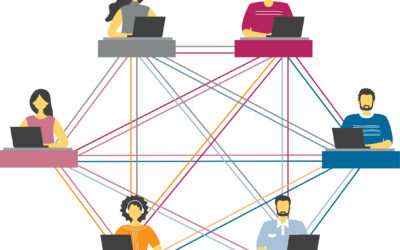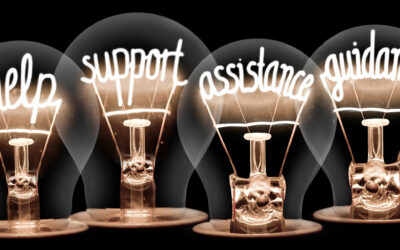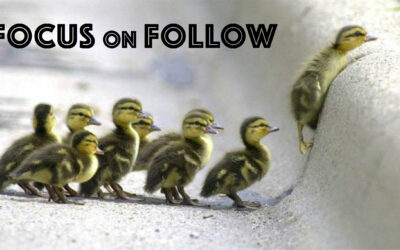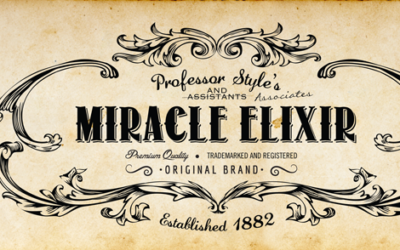Maintaining trust in a team that has to work remotely is challenging, but there are some preventative and responsive steps you can take.
Blog
We coach, develop and work alongside leaders and teams to shift ideas on leadership and provide the skills and tools needed to grow teams.
Starting tips for virtual teams
Here are a few techniques and tips to help your group work remotely but together.
-
As early as possible, agree the protocols or ground rules for your team calls or chats (I’ll call these ‘collabs’ from here on). For example, do you need to see each other the entire time or is audio-only fine? …
If we thought we were living in a VUCA world before…?
If we thought we were living in a VUCA world (volatile, uncertain, complex and ambiguous) before, what are we experiencing now?
People can do crazy stuff when they are threatened enough and start looking out for themselves at the expense of others…
How you lead your team is critical to making a real difference
We frequently hear senior managers complaining that the managers beneath them are working a level down; that is, they are doing some or a lot of the work that their own people should be doing.
Shifting to ‘team coaching’ – am I ready and are they ready?
I am an experienced and competent facilitator, but I’ve realised that I need to be teaching teams how to fish, how to cook and serve for themselves.
And, herein lies the difference between a strong facilitator and a strong coach.
BOOST Your Team Meetings
Time and again we hear of meetings where groups of people walk away feeling frustrated that their time has been wasted. Discussions seem to go on too long and meander out of control. Often, people complain that they weren’t even sure what the discussion was meant to achieve.
So, we developed a simple tool that we teach teams to adopt during their meetings which seems to have made a big difference. We call it BOOST.
Lifting the Bar on Team and Individual Accountability
Accountability is a word that is often bandied about in the workplace by leaders and teams. It seems everyone wants someone to be accountable. Particularly when things have gone wrong. It appears having accountability is very much like wearing a sign that says: Blame me!
Who would want that?
Dealing with Team Flare-ups
Most teams suffer from the occasional conflict and team members losing their cool.
We work with a lot of teams, some of these have members who are competitive with each other and as a result struggle to leave the storming stage. Others move past this and capitalise on real synergy. This is the story of one leadership team that had some touchy issues and what they did about it.
Team Development – can a ‘team facilitator’ harm a team’s progress?
“I have a lot of great people in the team and we go away for a day or two and make some brilliant plans. We come away charged up with lots of agreed actions and then we get back to work and very little actually changes. If you can find a way to overcome that, then I’ve got lots of work for you!”
Realising the Benefits of Diversity: a case for Team Coaching
The Neuroleadership Institute has done a lot of work, presented in their recent webinar, to try to understand what precisely it is about greater organisational diversity that causes higher performance. What they found is that diversity actually impacts performance at the team level.
Why Organisational Transformations Underachieve
And then the change day cometh. ‘D-Day’. It’s what everyone has been doing all that planning for. And now the key decision-makers and the planners responsible for change can take a bit of a back seat, as their hard work is mostly complete and the change implementation is now in the hands of the people; the leaders of new teams and the teams themselves.
Great leaders focus on ‘follow’
Most of the leaders we get work with are pretty good leaders. They realise that they need to have a successful team to help them and their business succeed, and as such, invest time and effort in their team. This an honourable intent and typically means you are better than average at leading people. But kicking-off a few initial team development or team building sessions are never enough.
3 Ways to Assess Your Team’s Potential
There is a lot written on what makes teams successful – just Google it – it makes for some interesting reading. There are certainly a lot of skilled practitioners out there doing good work who have strong advice about what helps. However, research showing causality between a specific factor or condition and high or improved performance is harder to find.
What to do with team time?
Heading to a Neuroleadership Summit in New York (for the second year in a row) felt a little hard to justify. But there is nothing quite like it for experiencing the zeitgeist of a fairly progressive segment of corporate America. With Harvard Professor Amy Edmondson’s book “Teaming” promptly sold out, and standing room only at the “Neuroscience of Effective Teams” even David Rock expressed surprise at the level of interest in team.
Please drink this!
Imagine if we could just give others a ‘trust me’ potion. Life would be so much easier!
Trust is the elixir, the magic potion for relationships between people. Once deep trust is established great things can happen. So, what are the benefits of achieving high levels of trust? Stephen MR Covey, author of ‘The Speed of Trust’ claims trust has wide ranging benefits for organisations.















